ACEs (Adverse Childhood Experiences)
ACEs: Adverse Childhood experiences On this page we will collate information we find about Adverse Childhood Experiences (ACEs), a relatively new scientific concept impacting early
When we talk about pedagogy in the early years, we mean how we teach, or all the things that adults do to foster children’s learning and development. It covers a broad range of actions and activities, as the following quote illustrates:
Teaching in the early years should not be taken to imply a “top down” or formal way of working. It is a broad term that covers the many different ways in which adults help young children learn. It includes their interactions with children during planned and child-initiated play and activities, communicating and modelling language, showing, explaining, demonstrating, exploring ideas, encouraging, questioning, recalling, providing a narrative for what they are doing, facilitating and setting challenges. It takes account of the equipment that adults provide and the attention given to the physical environment, as well as the structure and routines of the day that establish expectations. Integral to teaching is how practitioners assess what children know, understand and can do, as well as taking account of their interests and dispositions to learn (characteristics of effective learning), and how practitioners use this information to plan children’s next steps in learning and to monitor their progress.
Ofsted Early Years Inspection Handbook, 2021
The role of the adult is crucial, and their ability to establish positive relationships with children:
Warm, trusting relationships with knowledgeable adults support children’s learning more effectively than any amount of resources. Follow the child’s lead to the meeting of minds. Tuning in, observing and wondering come first. A knowledgeable practitioner can decide when to stand back, when to interact, and what to offer the child. Learning together with adults and with other children is important across all contexts.
Birth to 5 Matters non-statutory guidance
Observation, assessment and planning are at the core of effective early years pedagogy.
For a more in depth exploration of aspects of early years pedagogy, you can:
To receive our termly Early Education Journal, with each issue focusing on an aspect of early years pedagogy
Find out moreJoin one of our courses or events to learn more about early years pedagogy
Find a courseACEs: Adverse Childhood experiences On this page we will collate information we find about Adverse Childhood Experiences (ACEs), a relatively new scientific concept impacting early
by Cathy Gunning Showing empathy creates calm Showing and demonstrating empathy to children who have experienced trauma and have attachment difficulties, can help them to
This content by Jan White comes from our out of print leaflet “The Sky is the Limit: Babies and Toddlers Outdoors: developing thinking, provision and practice”
Play with clay Clay is natural, it comes from the earth. It is cool to the touch and soft on our skin. It has a
This page brings together useful resources for supporting families with home-learning while settings and schools are closed during COVID-19 restrictions. See also: Twelve links for
How can I be more creative? Be inspired by our guest bloggers from Rachel Keeling nursery school who shared about their clay and sculpture project. Have
When children cry they are telling us something important We need to understand and listen to their tears. Supporting children when they express strong emotions
Content published on 24.3.17 – not updated with references to the EYFS 2021 although the principles still apply Is joined up or cursive writing in
Cursive or joined up writing in the early years We already know that there is no mention of handwriting, joined up or cursive writing styles
The three pages in this section help to present the evidence for NOT teaching cursive or joined up writing in the early years. The EYFS
The Early Career Framework has been designed by the Department for Education in England to support newly qualified teachers in England with a structured package of support
UK early years curricula England The Early Years Foundation Stage statutory framework applies in England for early years provision for children from birth to 5.
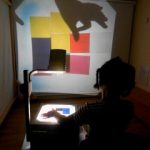
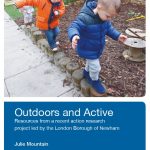
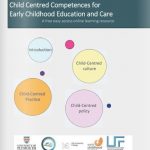
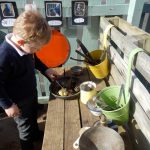
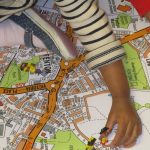
Welcome to our Early Education Pedagogic Podcasts (PedPods) featuring pedagogical conversations with early years leaders, teachers and trainers. All our podcasts are available to download for free.
Early Education
2 Victoria Square
St Albans
AL1 3TF
T: 01727 884925
E: office@early-education.org.uk